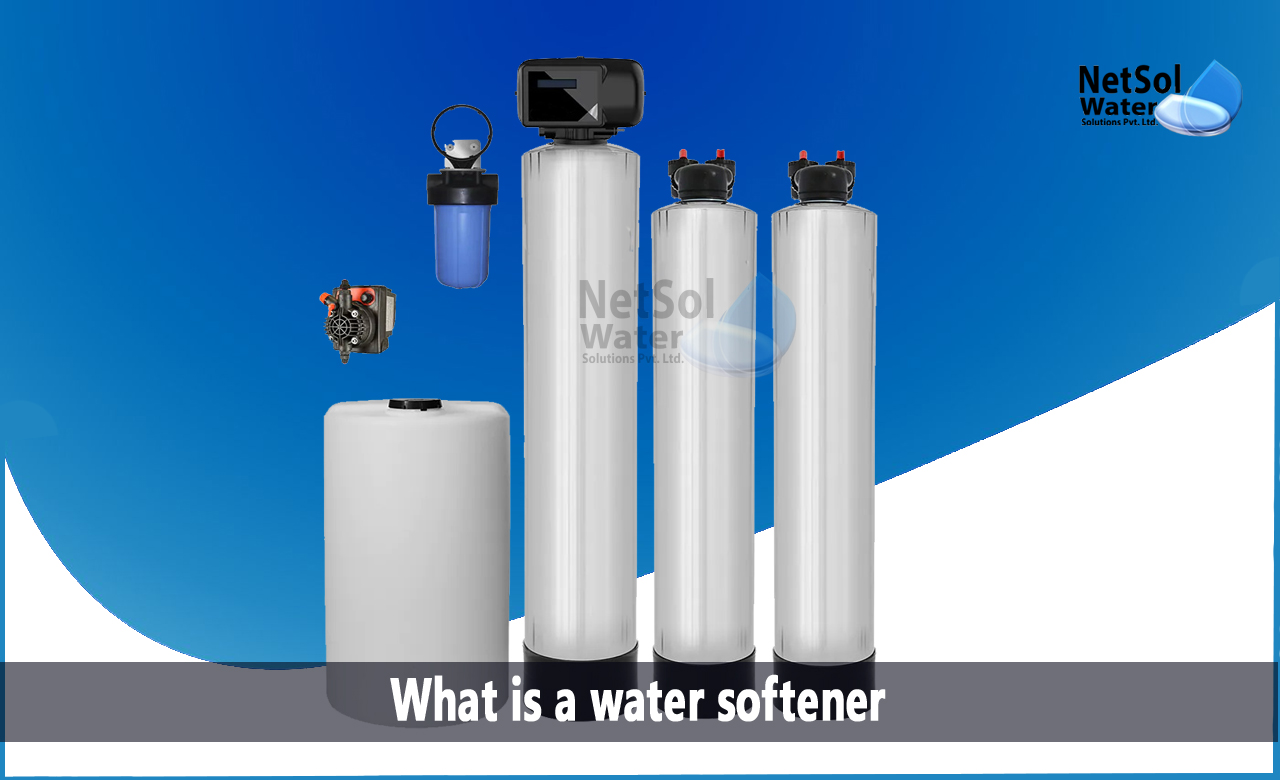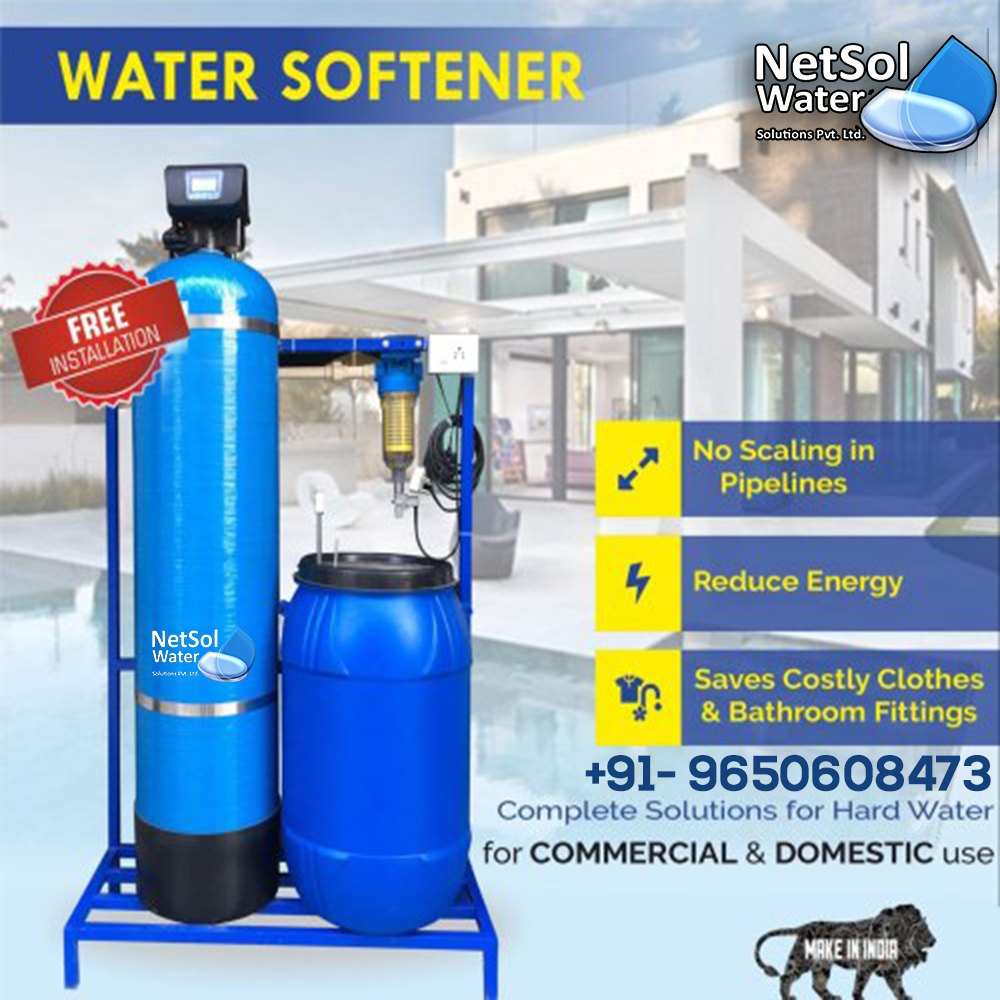A water softener removes minerals that cause water hardness, one of the most common water quality problems that many homeowners face. Hard water corrodes appliances, causes soap scum to build up in bathrooms and kitchens, and dries out hair and skin.
Water softeners are necessary because hard water is used by over 85% of Indians for cooking, cleaning, and bathing. A water softener helps you save money on water heater replacements, scaly faucet heads, and hours spent cleaning up soapy residue. Investing in a water softener saves you time, energy, and money, while also safeguarding your home and property.
What is a water softener?
A water softener is a filtration system that uses ion exchange to remove calcium and magnesium minerals, from your water that cause hardness. A water softener eliminates one of the most prevalent and harmful water issues: hard water.
Today's dwellings are being destroyed by hard water. Scale severely lowers the longevity of equipment such as dishwashers, coffee makers, ice machines, etc.
Need of water softener
A water softener is required if you have low water pressure due to scale-infested pipes, dry hair, stiff laundry, and endless appliance repair bills. Hard water will not disappear, and the costs associated with it will only rise. Water softener-equipped appliances will inevitably fail before their expected lifespan.
When scale accumulates in your pipes, your flow rate is restricted, and you risk losing water pressure throughout the house. Water heaters suffer from hard water, and without a softener, your utility bills will continue to rise. If your water supply is hard, you will be in a never-ending cycle of repairs and replacements, until you install a water softener in your home.
What do water softeners eliminate?
Water softeners eliminate calcium and magnesium ions from hard water. Water hardness is caused by the mineral’s calcium (Ca2+) and magnesium (Mg2+). Furthermore, during the ion exchange process, any positively charged ion will be attracted and destroyed. Other minerals like iron and manganese may be present.
What is the operation of a water softener?
The process, by which a water softener removes calcium and magnesium from water, is known as ion exchange. As it enters the mineral tank, the hard water passes through a bed of spherical resin beads. These sodium-ion-charged plastic beads are commonly made from polystyrene.
Because, the resin beads are anions, they are negatively charged. As they have a positive charge, calcium and magnesium are cations. Because, opposite charges attract, the negative charge of the minerals is drawn to the positive charge of the resin beads. The beads take hold of the mineral ions and eliminate them from the water, as the hard water travels through the resin.
When the resin beads seize the mineral ion, the sodium ions are released. As the water goes through the mineral tank, the resin column eliminates all of the hardness, and softened water flows into your home.
What is the best time to replace your water softeners?
Water softeners typically have a 15-year lifespan; however, with proper maintenance, water softener systems can last much longer. Making sure the brine tank is never depleted of salt will help to extend the unit's life. If the resin bed is protected from high levels of iron and manganese, the unit will be protected. Iron will clog the resin, reducing its ability to exchange ions.
Resin cleaners enhance the regeneration cycle by removing minerals that cause hardness in resin beads. If properly maintained, the resin can last for 10-20 years; however, heavily chlorinated water will quickly deplete the beads' ion exchange capacity.
Manufacturer of water softeners
If you have any questions about water treatment plants, or if you would like to discuss about water softeners, please contact the Netsol Water team right away. Our team is an expert in water treatment and can help you tailor a solution, to your specific requirements.




